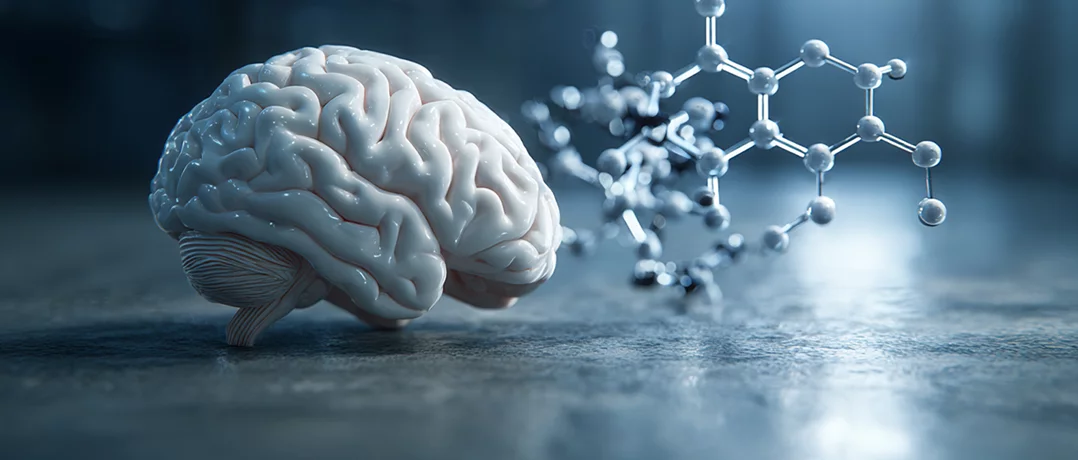Novel vitamin K compound shows promise in repairing brain cells, offering hope for Alzheimer’s treatment.
A promising new weapon against Alzheimer’s

A new synthetic form of vitamin K could open unprecedented therapeutic possibilities in repairing brain damage (Shibaura Institute of Technology). Neurodegenerative diseases like Alzheimer’s and Parkinson’s remain among the toughest medical challenges of our time. As nerve cells deteriorate and die, patients face progressive, debilitating symptoms, and while existing medications can ease these symptoms, none can halt the diseases’ relentless advance. That may soon change.
The team designed 12 hybrid compounds by combining vitamin K with retinoic acid (a derivative of vitamin A). Their goal: to test how these hybrids influence the transformation of neural stem cells into mature neurons, a key process in repairing brain damage. One compound in particular, dubbed Novel VK, stood out. It was three times more effective than natural vitamin K in promoting neuron formation, suggesting a potential leap forward in neurodegenerative medicine.
How it works
The study uncovered a new mechanism behind vitamin K’s action in the brain. Novel VK appears to activate glutamate receptors (mGluR1), which play a critical role in communication between neurons. Molecular analyses showed that Novel VK binds far more efficiently to these receptors than the natural vitamin, a likely reason for its superior performance.
Promising results in animal tests
Experiments on mice showed that Novel VK demonstrated stable pharmacological properties, successfully crossed the blood–brain barrier, and efficiently transformed into its active form once inside the brain. It also achieved notably higher concentrations in brain tissue than natural vitamin K, an indicator of its potential therapeutic strength.
“These findings could pave the way for revolutionary treatments for neurodegenerative diseases,” said Dr. Hirota. “A vitamin K–derived drug capable of slowing Alzheimer’s progression or improving its symptoms could not only transform patients’ lives but also reduce the enormous social and economic burden of these diseases.”
As the research moves closer to clinical application, the team hopes their discovery will mark a turning point, where a small, familiar molecule could one day help preserve memory, cognition, and life itself.



